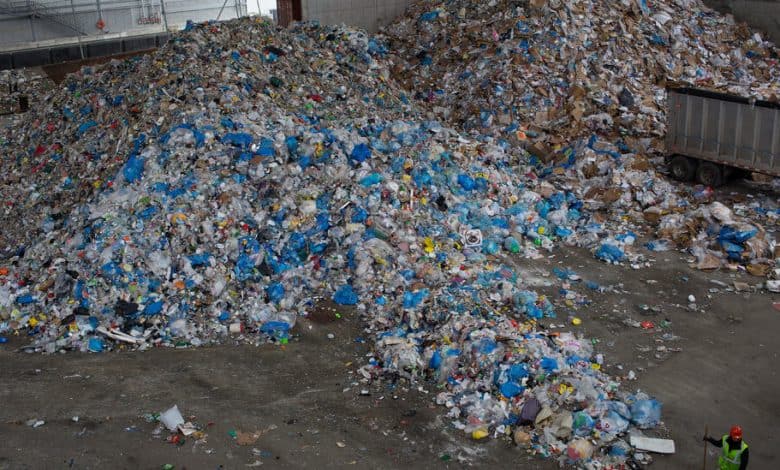The Push to Control Plastic Waste in New York: What to Know

In 2020, the plastic supermarket bag was banned in New York. It is a member of the single-use-plastic family — items that release greenhouse gases when manufactured and, once used, can take years to break down in landfills.
Many more single-use plastic products could go the way of the supermarket bag should state lawmakers approve the Packaging Reduction and Recycling Infrastructure Act in early June.
Read on to find out more.
What are single-use plastics?
They are items like wrappers, packaging and food containers that are used once and then discarded. They are mostly made from fossil fuel–based chemicals.
Why not just recycle them?
Many single-use items — especially anything soft or bendable — are a challenge to recycle because of their chemical composition, among other reasons. Anything flimsy like a potato chip bag, a bread bag, a squeezable baby food pouch should go in the trash in New York City. And those plastic bags that some places like food delivery businesses are still allowed to use? They jam up the machines at recycling centers.
All hard, stiff plastics can be recycled in the city, said Joshua Goodman, a spokesman for the Department of Sanitation. Yet, most plastic products still end up in landfills or are incinerated. Both processes produce microplastics that are nearly impossible to remove from the air, ground and water.
Many environmental experts question whether it’s worth it to recycle any plastics, since the process is time-consuming, expensive and can leach toxins. Still, New Yorkers should continue recycling rigid plastic products so they don’t end up in landfills, Mr. Goodman said.
